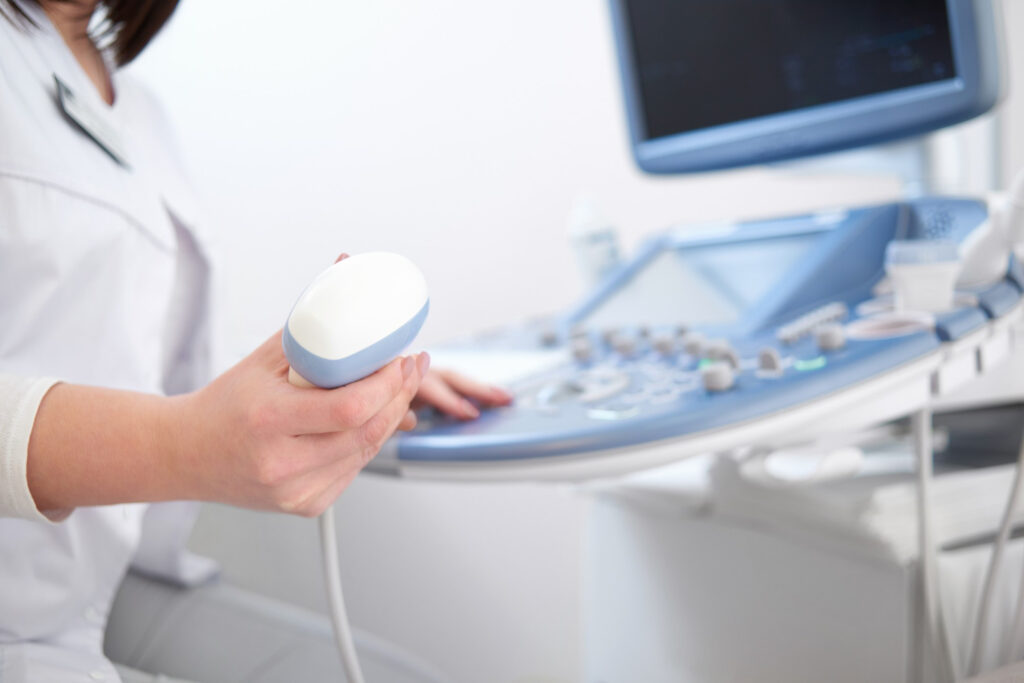Becoming a cardiac sonographer in Toronto requires focused education in ultrasound technology and heart anatomy, along with professional certification. Here is a comprehensive guide to starting your cardiac sonography career in Toronto in 2024.
Step 1: Complete a Registered/Accredited Cardiac Sonography Diploma Program
In Canada, a diploma from a Registered/Accredited cardiac sonography program is the minimum required education. Look for a 1-3 year diploma program Registered/Accredited by Accreditation Canada.
Ideal programs offer supervised clinical training experience using industry-standard ultrasound machines and technology. Students get hands-on practice in hospital cardiology departments and echocardiography labs. Hart College’s upcoming Diagnostic Medical Sonography (CARDIAC) Program is Registered with Accreditation Canada.
Step 2: Apply for Registration with CMRITO
Meeting clinical hour requirements through your cardiac sonography diploma program makes you eligible for exams. Many schools also offer exam preparation.
If you aspire to become a sonographer in Ontario, you have to register with the College of Medical Radiation and Imaging Technologists of Ontario (CMRITO). To make sure that you meet the eligibility criteria, it is essential to fulfill all the requirements, which include the following criteria:
-
- – Proof of graduation from an accredited program
-
- – Credentials like RDCS/RCS
-
- – Professional liability insurance
-
- – Fluency in English language
-
- – Clear criminal background check

Step 3: Search and Apply for Cardiac Sonography Jobs in Toronto
With your diploma and credentials, you are ready to start applying for cardiac sonography jobs in Toronto!
Major employers include:
-
- All Community & Teaching Hospitals in the Greater Toronto Area e.g. Toronto General, Mt. Sinai, Sunnybrook, St. Michael’s
-
- Medical clinics and cardiology offices
-
- Diagnostic imaging centers
Use job search platforms and update your LinkedIn profile. Attend career fairs and use your professional network.
Step 4: Maintain Credentials through Continuing Education
As technology changes, Canadian sonographers must renew credentials and complete CEUs periodically to stay current. Continuing education improves your clinical skills and eligibility for senior roles.
With proper training and an aging population, Toronto offers fantastic cardiac sonographer job prospects and career growth potential. Follow this guide to begin your rewarding sonography career in 2024!
Are you passionate about cardiac health and interested in pursuing a Diploma in Cardiac Sonography? Let us help you explore the exciting world of cardiac sonography and discover the endless possibilities it has to offer!

